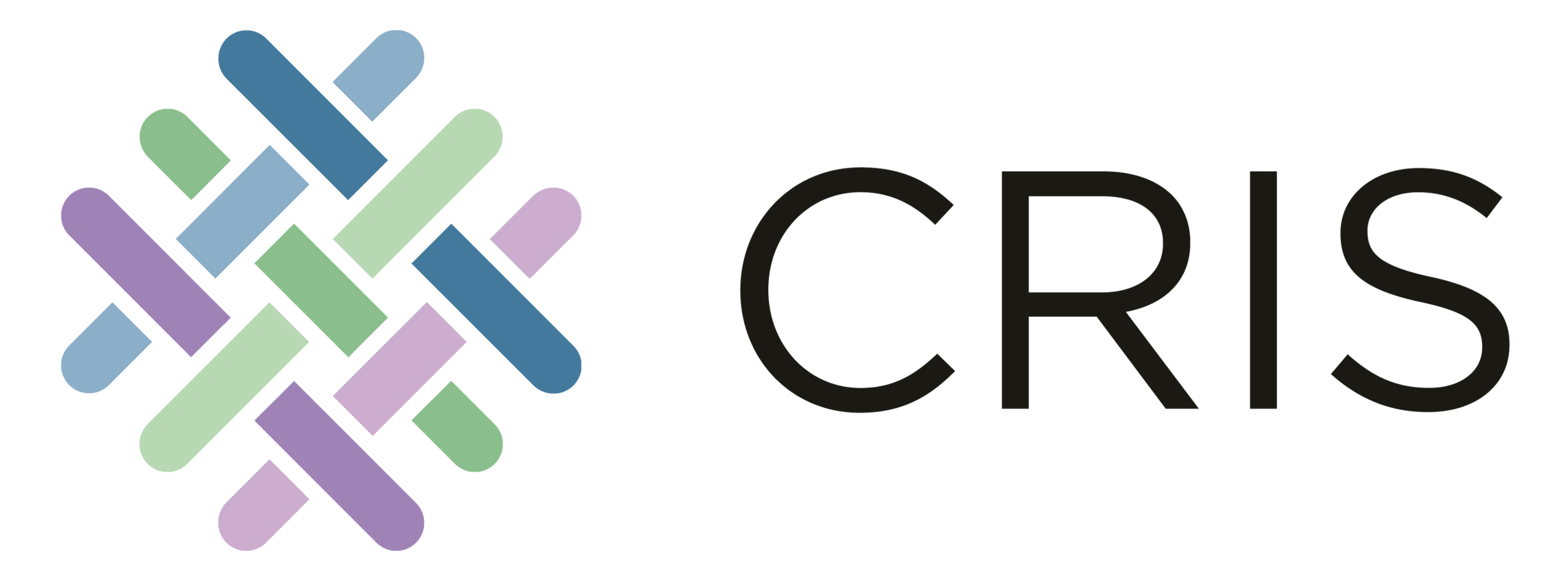Anti-Women Attitudes and Violent Extremism
Anti-Women Attitudes and Extremism: Empirical Evidence from the Australian Context
In recent years, there has been a convergence of misogynistic attitudes and violent extremism both in Australia and abroad. From the ideological underpinnings of Islamist and far-right groups through to the rise of online male supremacist spaces now known as the ‘manosphere’, anti-women sentiments are increasingly serving as a catalyst within modern extremist movements. This has been seen in narratives of individuals belonging groups across a broad spectrum including Involuntary Celibates (Incels), the extreme--right, Christian nationalists, and Islamist jihadists, all of whom push for a return to traditional gender hierarchies that subjugate women and remove gender diversity.
This report responds to the growing acknowledgement both in academic literature in the social and behavioural sciences and within the Victorian policy landscape, that misogyny is not simply a social issue but a potential touch point into ideologically motivated violence.
Key Recommendations
We identified a number of key recommendations for governments and policy makers to consider. See the full report for more details.
Strategic and Legislative Measures:
1. State-Level Actions to Address Misogyny as a Driver of Violent Extremism
2. Monitor and Regulate Online Ecosystems of Hate
3. Revise Risk Assessment Tools to Include Gendered Grievances
Preventative and Early Intervention Initiatives:
4. Implement Digital Literacy Programs for Young Men
5. Tailoring Early Intervention Programs to Address Misogynistic Attitudes Across Diverse Male Demographics
6. Address Perceptions of Institutional Betrayal
7. Culturally Tailored Awareness Programs on Gender Diversity in Emerging Communities
Capacity Building and Practitioner Development:
8. Provide Gender-Informed Training to Frontline Practitioners
9. Integrate Expertise on Masculinity, Emotional Regulation, and Social Influences in CVE Policy Design
Cultural and Community Engagement:
10. Promote Positive, Prosocial Models of Masculinity
11. Integrate Gender-Based Violence into CVE Strategies
Monitoring, Evaluation, and Continuous Improvement:
12. Establish Robust Monitoring and Evaluation Mechanisms with Attention to Masculinity and Gender Dynamics

